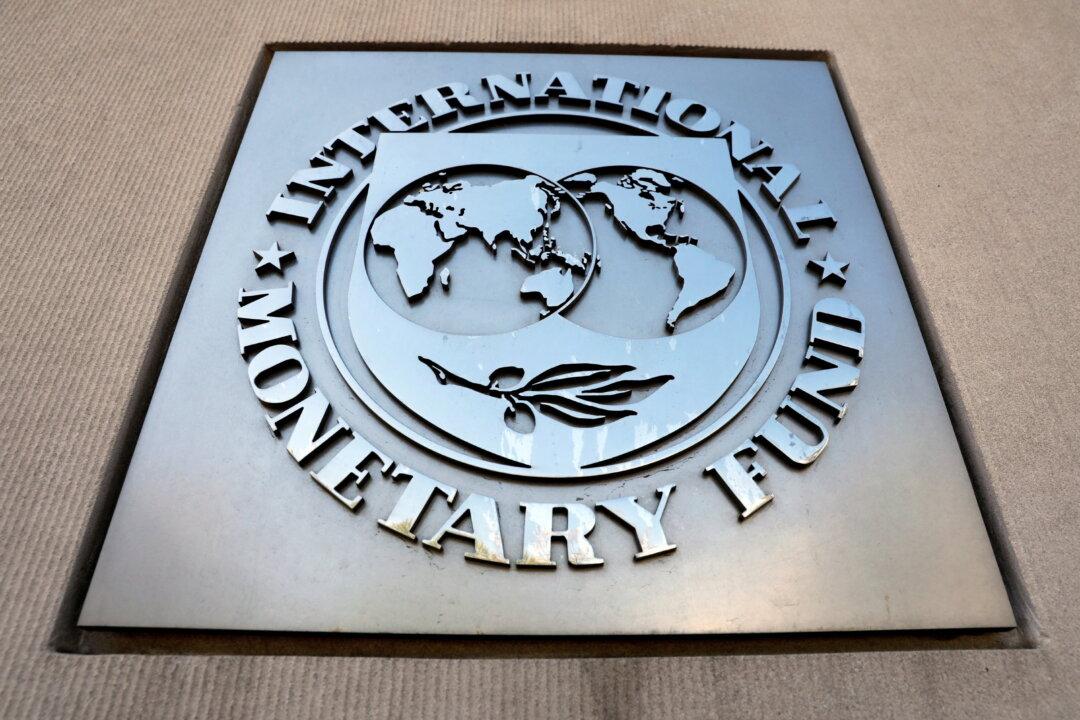Former IMF chief economist Kenneth Rogoff has said that the United States is in a “productivity recession” and that inflation is “terrible,” while taking aim at the Federal Reserve’s strategy to bring down the soaring cost of living.
Rogoff, who is a professor of economics and public policy at Harvard University, spoke to Fox New’s “Mornings with Maria“ on Sept. 15, where he added that U.S wages are significantly worse than they appear.




